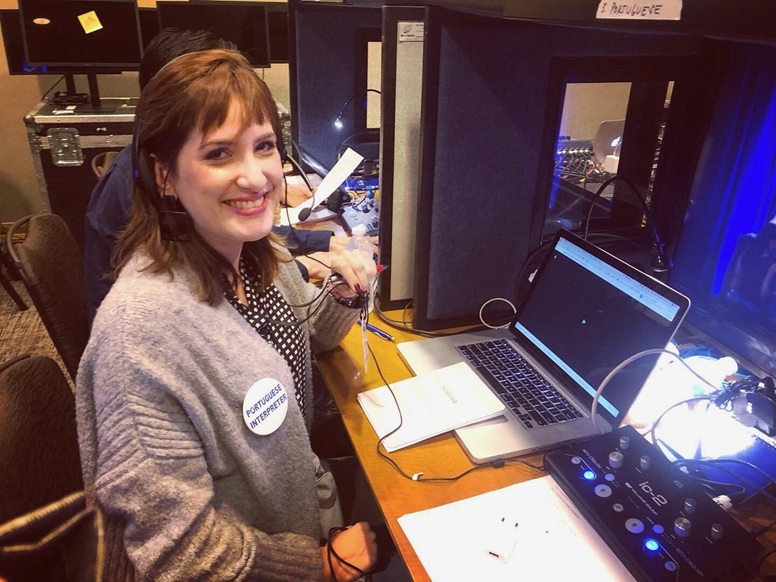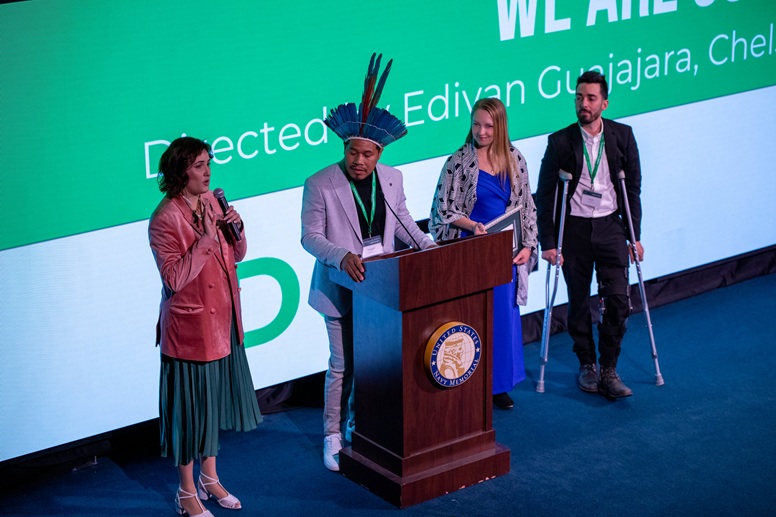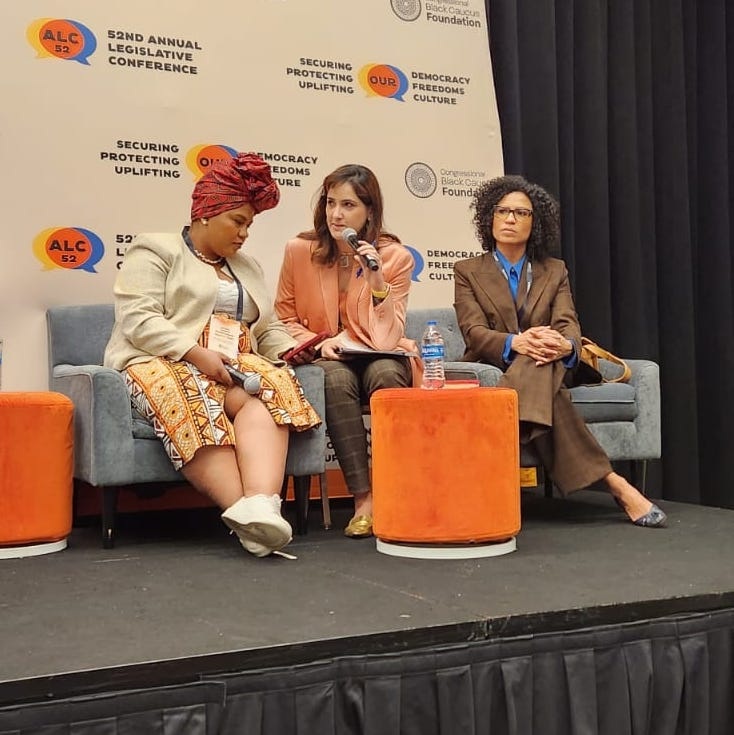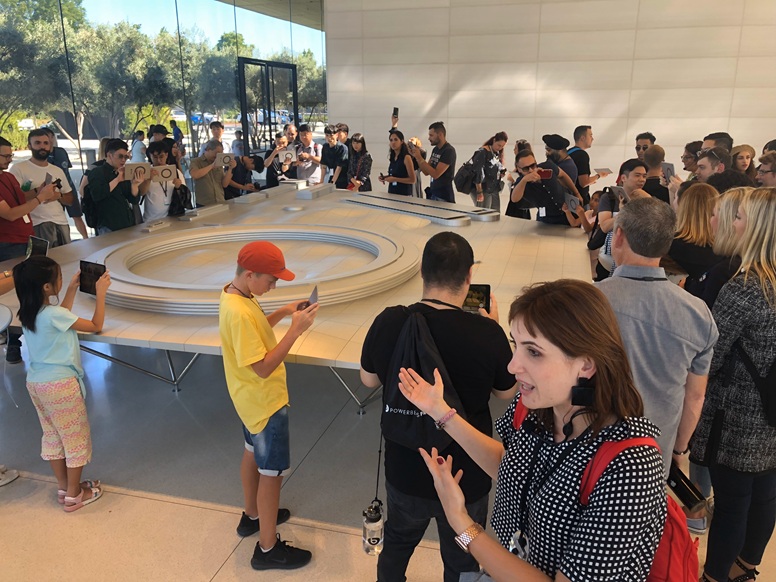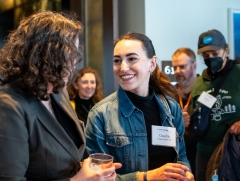Many Localization Jobs—And Now Our Master’s—Just Need English (and Intercultural Competence)
| by Sierra Abukins
You don’t need a background in linguistics, nor to be fluent in a second language, to complete your master’s in localization and build a successful career in the language services industry. People with tech, management, and business skills are in demand in this dynamic, intercultural field.

